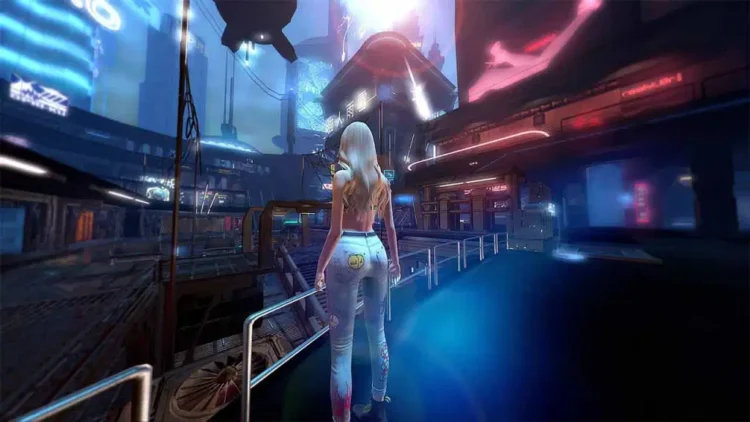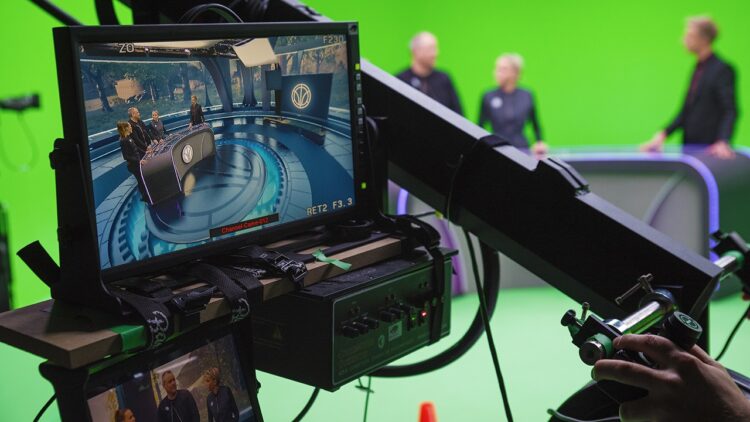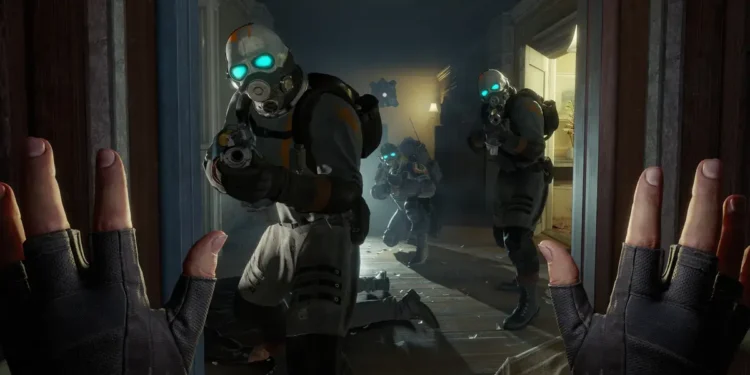Have you ever wondered how the impact of ultra realistic graphic quality will affect your everyday life? Since the inception of the internet and the proliferation of smartphone devices, mankind has spent an overwhelmingly large amount of time fixated on their phones. Experts call this ‘screen time’.
Large companies like facebook, instagram and even candy crush saga, have developed their programs with one intention in mind: to keep you addicted to their platforms – and, it works. If anyone has seen the televised Netflix documentary “The Social Dilemma”, you will understand precisely how this is achieved and how deep the issue runs,
But, most experts agree that mankind is still in the infancy stages of its technological development, particularly as far as computing and digital capabilities are concerned. Just consider virtual reality, augmented reality, and artificial intelligence. No one is denying that tech companies have come a long way in delivering humankind from boredom, but the reality is that this is only a warm up or the practice run in our technological revolution.

It’s a known fact that a typical game nets more profit than a blockbuster movie and your favourite movies have spared no expense in their special effects budget. Avatar, a blockbuster hit that relied heavily on computer generated images and special effects, took 4 years to make. The movie’s budget was around $237 million and it grossed around $2,847 billion in sales.
The point here is that humans love to watch movies, so movie makers spend a lot of money to make good movies, and in doing so, they make a lot of money. Movie makers are always competing with other movie makers and the standards of previous movies, just to keep you interested. In other words, there is a very strong incentive to invest in producing a really high quality movie.
Games, however, make movie results, as impressive as they are, look like handicapped dwarfs. Even Pac Man, which has the sophistication of a can opener, netted $14,107 billion, while Pokemon, a kiddy favourite, netted over $90 billion. The point being that the profits available in gaming has really incentivised game producers to produce standards that are quite literally out of this world.

So, back to the future. Not the movie, the future of gaming – it’s going to blow your mind. Even in developed nations, the number of people that have adopted virtual reality is still relatively low, yet the capabilities are already very realistic. As time progresses and adoption grows, you can expect the difference between experience in the real world and that in a virtual or augmented reality setting to narrow so much that your mind really won’t be able to distinguish between them.
Virtual reality is going to grow so much that you can expect people to be living a fair amount of their lives in alternative, virtual worlds. And, in those worlds you will be able to own virtual real estate; you’ll be able to host events for other digital nomads (this will be a new application of the term) to attend, and charge a fee for attendance using digital currencies like Bitcoin. This isn’t pure conjecture, this stuff is already happening in games like Second Life. People are creating digital families and having “intimate relationships” with other players, who claim that their relationships feel as real as any relationship they have had in the outside world. It’s not surprising considering that some of these relationships are experienced alongside virtuality characters found in cosplay porn sites such as vrcosplayx.com.

The bottom line here is that the best is yet to come. Artificial intelligence, which is probably the baby of all the digital developments, is set to be a game changer. It will see non-player characters (NPC’s) that are usually controlled by the games internal program, learn to update their behaviour according to each NPC’s experience with other game players, so each NPC will have unique and unpredictable characteristics.
The graphics you can expect to see are so realistic that they will mimic nature in every sense of the word: the way light falls on objects and casts shadows; the way rain falls on your windscreen; the colours and visual representations of humans will become so lifelike, it will be as though you are watching a recording of real human interaction.

When you combine all of the above with virtual reality or augmented reality, where you combine your real life setting with a digital immersive experience, it is easy to see how one can lose sight of where real life experience ends and digital experience begins – they will simply become one and the same.
The post The Future of Gaming – Where Reality Lives Inside the Game. appeared first on FotoLog.
from FotoLog https://ift.tt/3wicSpW
via IFTTT



0 Comments